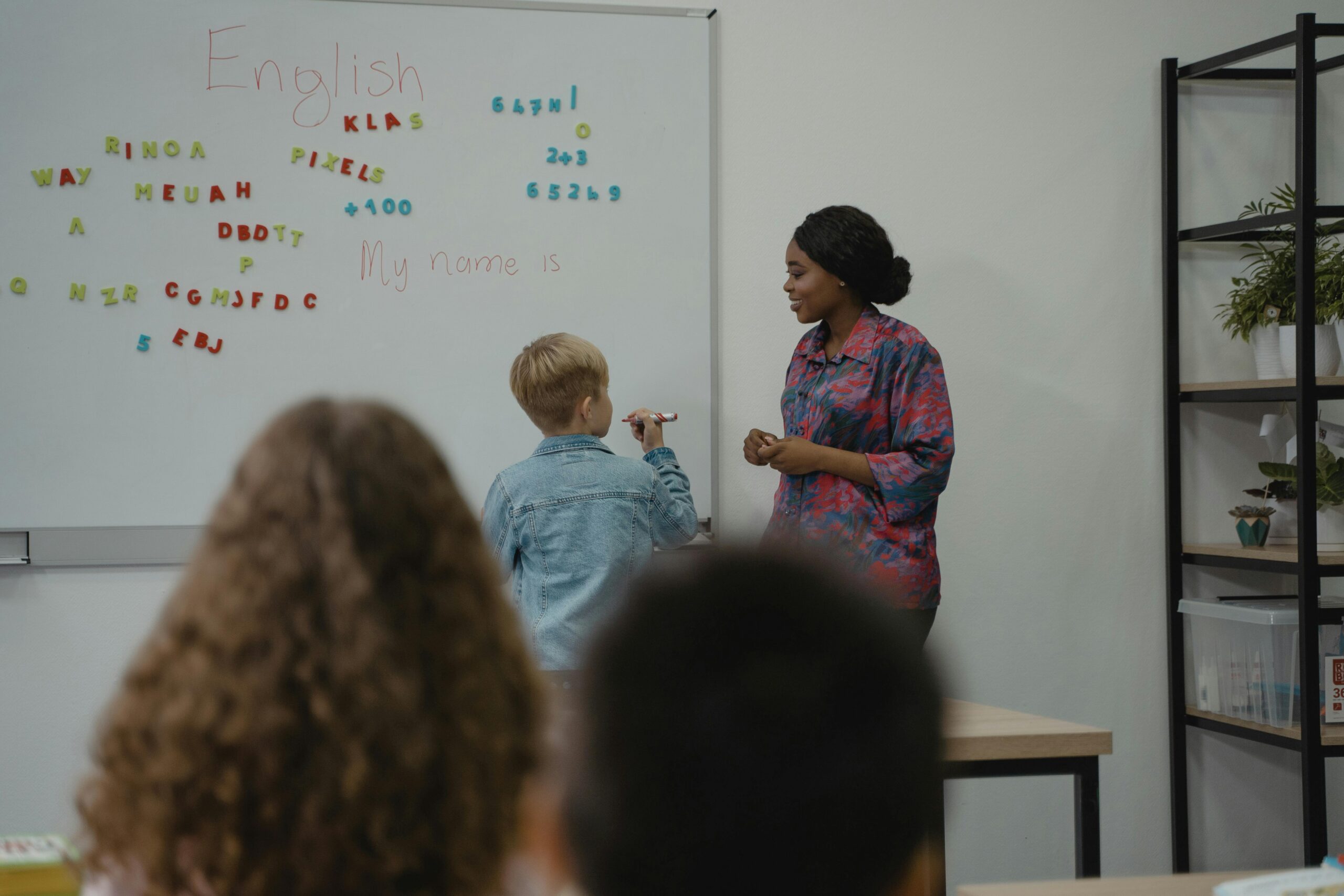Learning to read is one of the most exciting milestones in a child’s life, and sight words play a huge role in making that journey smoother. Sight words are common words that children are encouraged to recognize instantly without sounding them out. Mastering them helps build reading fluency, boosts confidence, and opens the door to understanding longer texts with ease.
In this article, you’ll find 200 essential sight words, organized into easy-to-follow categories. Each word comes with a simple example sentence, so children can see how the word works in everyday language. Whether you’re a parent helping at home or a teacher guiding a classroom, this list will be a valuable tool for practice.
What Are Sight Words?
Sight words are words that appear so frequently in children’s books, classroom lessons, and daily life that young readers need to know them “on sight.” Many sight words cannot be easily sounded out using phonics rules (for example, said or the), so memorizing them by sight allows children to read more smoothly and quickly. When kids don’t have to stop and decode every little word, they can focus more on understanding the story itself. Think of sight words as the building blocks that make reading faster, easier, and more enjoyable.
Beginner Sight Words
These are some of the very first words children learn to recognize.
- I – I am happy.
- a – I see a cat.
- the – The sun is bright.
- and – I like cookies and milk.
- to – I go to school.
- in – The toy is in the box.
- it – It is fun.
- is – The dog is big.
- you – You are my friend.
- he – He runs fast.
- she – She sings well.
- we – We play outside.
- me – Give me the ball.
- my – This is my book.
- on – The ball is on the table.
- at – I am at home.
- can – I can jump.
- go – Let’s go to the park.
- see – I see a bird.
- up – Look up at the sky.
- down – Sit down, please.
- no – No, thank you.
- yes – Yes, I like pizza.
- am – I am six years old.
- be – I want to be tall.
- so – I am so happy.
- do – Do you like ice cream?
- did – I did my homework.
- all – All toys are here.
- not – This is not my hat.
- one – I have one cookie.
- two – I see two birds.
- three – Three kids are playing.
- big – The car is big.
- small – The mouse is small.
- run – I run fast.
- jump – Can you jump high?
- like – I like cake.
- look – Look at the dog.
- come – Come here, please.
Common Nouns
These words help kids name everyday things.
- cat – The cat is soft.
- dog – The dog barks loud.
- ball – Kick the ball!
- book – This book is fun.
- toy – I like that toy.
- car – The car is red.
- house – We live in a house.
- bed – I sleep in my bed.
- tree – The tree is tall.
- bird – A bird can fly.
- fish – The fish swims fast.
- school – School starts at nine.
- friend – My friend is kind.
- mom – My mom is nice.
- dad – My dad is funny.
- sun – The sun is hot.
- moon – The moon shines bright.
- star – I see a star.
- water – I drink water.
- milk – I like milk.
- bread – I eat bread.
- apple – This apple is red.
- banana – Bananas are yellow.
- cake – The cake is sweet.
- cookie – I eat a cookie.
- pen – I have a pen.
- pencil – Use a pencil.
- paper – Write on the paper.
- chair – Sit on the chair.
- table – The table is round.
- door – Close the door.
- window – Open the window.
- bag – My bag is blue.
- hat – Wear a hat.
- shirt – The shirt is new.
- shoe – Tie your shoe.
- balloon – The balloon is pink.
- train – The train is long.
- bus – We ride the bus.
- bike – I ride my bike.
Action Words
Kids need to recognize verbs they use every day.
- eat – I eat lunch.
- drink – Drink the juice.
- play – We play soccer.
- sing – She sings loud.
- dance – Let’s dance now.
- read – Read this story.
- write – Write your name.
- draw – Draw a picture.
- sleep – He sleeps early.
- wake – I wake up at 7.
- walk – We walk to school.
- talk – Talk to me.
- listen – Listen to music.
- laugh – They laugh together.
- cry – The baby will cry.
- sit – Sit in the chair.
- stand – Stand up now.
- open – Open the box.
- close – Close your eyes.
- run – Dogs run fast.
- hop – The frog hops.
- skip – Skip to school.
- clap – Clap your hands.
- kick – Kick the ball.
- swim – We swim in water.
- fly – Birds fly high.
- look – Look at me.
- see – I see stars.
- smile – Smile at me.
- help – Help your friend.
- cook – Mom cooks rice.
- wash – Wash your hands.
- clean – Clean the room.
- build – Build a tower.
- throw – Throw the ball.
- catch – Catch it fast.
- find – Find the toy.
- show – Show me now.
- jump – Jump high!.
- turn – Turn the page.
Describing Words
Adjectives to make reading colorful.
- happy – I am happy.
- sad – She looks sad.
- hot – The soup is hot.
- cold – Water is cold.
- fast – He runs fast.
- slow – The snail is slow.
- good – This book is good.
- bad – That smell is bad.
- funny – The clown is funny.
- nice – She is nice.
- kind – Be kind always.
- loud – The music is loud.
- quiet – The baby is quiet.
- new – My shoes are new.
- old – This car is old.
- big – That house is big.
- little – The cat is little.
- clean – The floor is clean.
- dirty – The shirt is dirty.
- red – The ball is red.
- blue – The sky is blue.
- green – The leaf is green.
- yellow – The sun is yellow.
- black – The hat is black.
- white – Milk is white.
- brown – The dog is brown.
- pink – The flower is pink.
- orange – The fruit is orange.
- round – The plate is round.
- square – Draw a square.
- tall – The tree is tall.
- short – The man is short.
- light – The bag is light.
- dark – The room is dark.
- soft – The pillow is soft.
- hard – The rock is hard.
- warm – The tea is warm.
- cool – The air is cool.
- sweet – The cake is sweet.
- sour – The lemon is sour.
Connector & Everyday Words
Words that link sentences and help with everyday communication.
- for – This gift is for you.
- from – I got it from Dad.
- with – Come with me.
- about – Tell me about it.
- because – I am happy because of you.
- before – Wash before you eat.
- after – We play after school.
- then – Do homework then play.
- when – When is lunch?
- where – Where is the dog?
- who – Who is she?
- what – What is that?
- why – Why are you late?
- how – How are you?
- this – This is fun.
- that – I want that toy.
- these – These are my shoes.
- those – Those are cars.
- here – Come here.
- there – The ball is there.
- over – Jump over the box.
- under – The cat is under the bed.
- into – Go into the room.
- out – Go out to play.
- again – Try again.
- always – Always be kind.
- never – Never be late.
- every – Every child is happy.
- some – I want some juice.
- many – Many birds fly.
- much – I don’t have much.
- more – I want more cake.
- less – This bag is less heavy.
- first – Wash your hands first.
- last – He came last.
- best – You are my best friend.
- goodbye – Say goodbye now.
- hello – Hello, my name is Sam.
- please – Please sit down.
- thank – Thank you, Mom.

